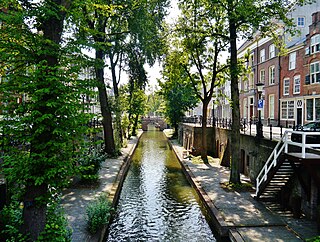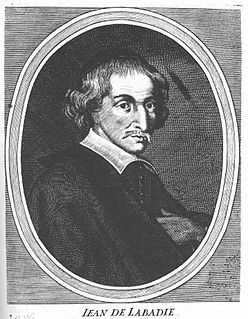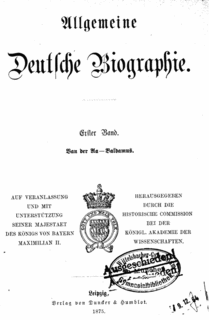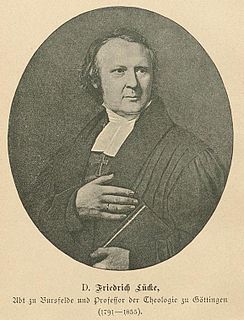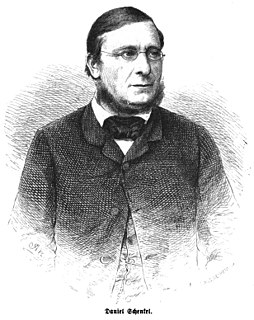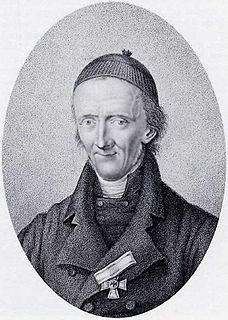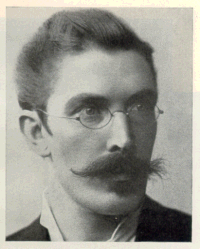Paul Tschackert (10 January 1848 – 7 July 1911) was a German Protestant theologian and church historian born in Freystadt, Silesia. He is largely remembered for studies involving the history of the Protestant Reformation.

Kożuchów is a town in Lubusz Voivodeship, Poland.

The Province of Silesia was a province of Prussia from 1815 to 1919. The Silesia region was part of the Prussian realm since 1740 and established as an official province in 1815, then became part of the German Empire in 1871. In 1919, as part of the Free State of Prussia within Weimar Germany, Silesia was divided into the provinces of Upper Silesia and Lower Silesia. Silesia was reunified briefly from 1938 to 1941 as a province of Nazi Germany before being divided back into Upper Silesia and Lower Silesia.
Tschackert studied history, theology and philosophy at the University of Halle, and in 1873 continued his education at the University of Göttingen. In 1875, he earned his doctorate at the University of Breslau with his thesis on theologian Pierre d'Ailly (1351-1420). In 1877 he became an associate professor at Halle, afterwards serving as a professor at the universities of Königsberg (from 1884) and Göttingen (from 1890).

Philosophy is the study of general and fundamental questions about existence, knowledge, values, reason, mind, and language. Such questions are often posed as problems to be studied or resolved. The term was probably coined by Pythagoras. Philosophical methods include questioning, critical discussion, rational argument, and systematic presentation. Classic philosophical questions include: Is it possible to know anything and to prove it? What is most real? Philosophers also pose more practical and concrete questions such as: Is there a best way to live? Is it better to be just or unjust? Do humans have free will?

The University of Göttingen is a public research university in the city of Göttingen, Germany. Founded in 1734 by George II, King of Great Britain and Elector of Hanover, and starting classes in 1737, the Georgia Augusta was conceived to promote the ideals of the Enlightenment. It is the oldest university in the state of Lower Saxony and the largest in student enrollment, which stands at around 31,500.

Pierre d'Ailly was a French theologian, astrologer, and cardinal of the Roman Catholic Church.
Tschackert died in Göttingen.

